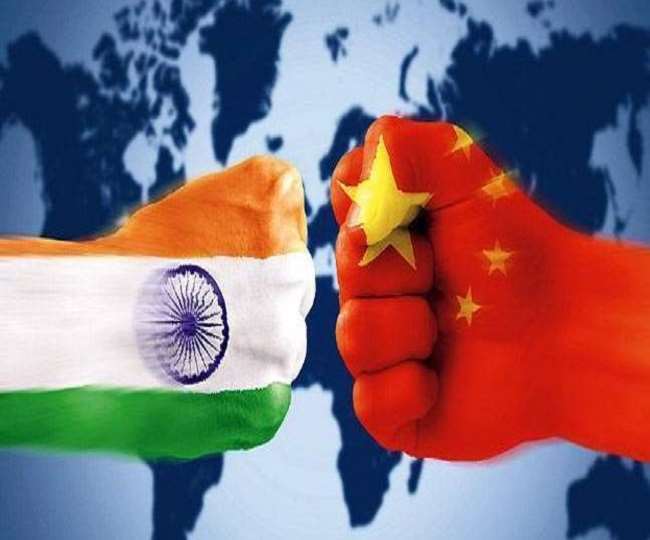LAC by China’s promise
But increased tension, S Jaishankar surrounded with evidence

External Affairs Minister S Jaishankar discussed the ongoing border standoff between India and China. He has considered China responsible for the current tension. The Foreign Minister said that China did not follow agreements with India on border issues and tried to ‘unilaterally change’ the Line of Actual Control (LAC) and that is why there is a ‘tense situation’ between the two neighbors.
In an interview to Austrian national broadcaster ORF on Monday, Jaishankar said that India and China have reached an agreement not to have large-scale security forces in the border areas. However, China did not abide by those agreements, he said in response to a question, and “that is the reason why we have a tense situation at present”.
Jaishankar said, “We had an agreement not to unilaterally change the Line of Actual Control (LAC), which they (China) have tried to unilaterally change.”
If China also says that India did not follow the agreements what will happen if done, Jaishankar in response to this question said it’s difficult for Beijing to say because the record is very clear’. Jaishankar said, Today, satellite images are much more clear. If we see that the border areas. Who sent the army in first, so I guess the record is very clear. So, what you said, China’s it is very difficult to say.
According to the Indian Army, on December 9, there was a skirmish between Indian and Chinese troops along the actual LAC in Tawang sector of Arunachal Pradesh in which “some personnel from both sides suffered minor injuries”. This was the first major face-off between the armies of India and China since the fierce clash in the Galwan Valley in June 2020.
There have been 17 rounds of talks between the two countries to resolve the border standoff. Jaishankar reached Austria from Cyprus on the second leg of his two-nation tour. This is the first foreign minister-level visit from India to Austria in the last 27 years, and comes against the backdrop of the two countries celebrating 75 years of diplomatic relations in 2023.




